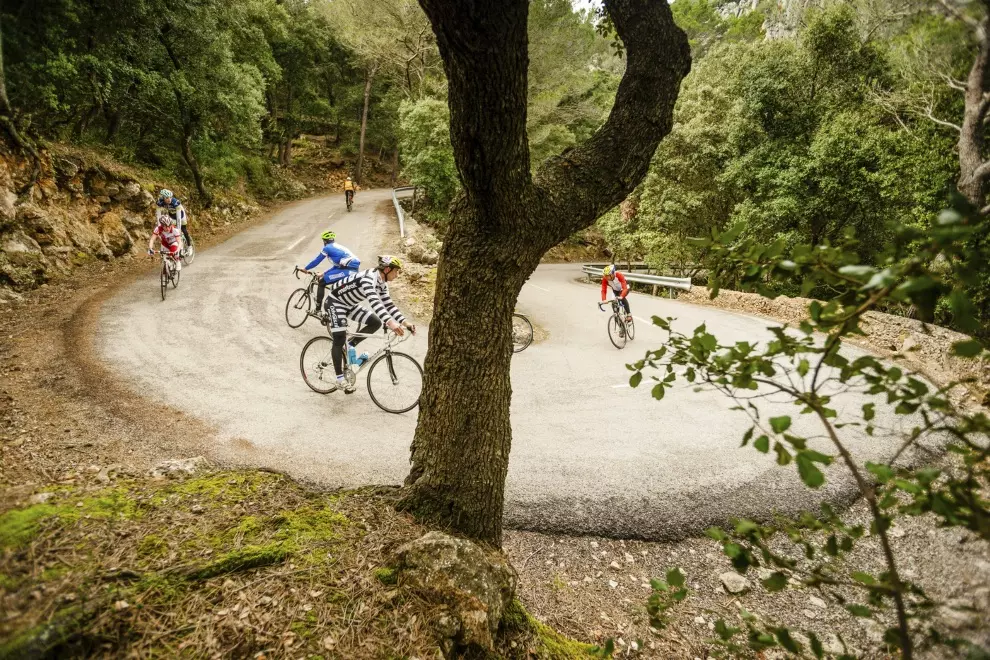Understanding what natural means
Natural foods are often seen as something that hasn’t been messed with too much and doesn’t contain any artificial stuff. But the issue is there’s no strict definition for “natural”. It’s a term that simply makes us feel good, like we’re doing something right, and marketers know this.
Just because something is natural doesn’t mean it’s always good for us. Take green potatoes or raw cashews, for example. They’re natural, sure, but they also contain harmful substances that can make us feel awful if we eat enough of them. Proper storage and preparation are key to making these ingredients safe to eat. But roasting cashews requires using very high temperatures, which could be labelled as processing. So, this blurs the line between natural and processed already.
The health benefits of natural foods
To be clear, what we typically think of as natural foods are mostly very good and nutritious options. Things like fruits, vegetables, grains, legumes, nuts, seeds, dairy, meat, fish and eggs are packed with essential nutrients such as vitamins, minerals, and amino acids that make up proteins. All of these are important for health as well as for repairing muscle to allow you to ride hard and recover well.

These foods are also high in fibre, which is crucial for gut health, immunity and positively impacts overall health. The fact that natural foods are always a mix of fibre, fats, carbohydrates and proteins makes them slower or harder to digest than processed foods. This is normally an advantage if you’re not in a rush after eating. But things can be a bit different when you’re cycling.
Understanding processed foods
Now, let’s talk about processed foods. These are foods that have been changed in some way from their natural state, often to make them last longer or taste better. They’ve got a bad rap for being unhealthy, and while some are packed with salt, sugar or unhealthy fats, they’re not all bad.
Probably the biggest issue with processed foods is that they are very easy to overeat. This creates a calorie excess that can result in weight gain, increased inflammation, and a higher risk of disease.
The thing is, for us cyclists, some processed foods like energy gels and sports drinks can be beneficial. The processing makes them much easier to digest than natural foods. That’s great when you’re trying to get as much energy in as quickly as possible on the bike. And the low-fibre content also makes you feel light while riding.
Striking a balance
The key to a cyclist’s diet is to balance out natural and processed foods. Natural foods give us the nutrients we need to stay healthy and recover well while processed foods offer convenience and quick energy to fuel our performance. The trick is to use each for their intended purpose.
- Instead of highly-processed junk snacks, choose natural foods such as nuts, seeds, fruits, whole grains and dairy when you’re off the bike.
- Use highly-processed energy bars, gels, and drinks strategically before and during your training to perform at your best.
- Eat fibre-rich foods such as legumes, whole grains and veggies after a ride. You’ll get the benefit of high fibre intake without feeling full and heavy on the bike.
It’s crucial for us cyclists to see food as fuel for our performance and health, rather than just labelling it as “good” or “bad”. By understanding the pros and cons of both natural and processed foods, we can make smarter choices that support our performance, recovery, and overall well-being.




